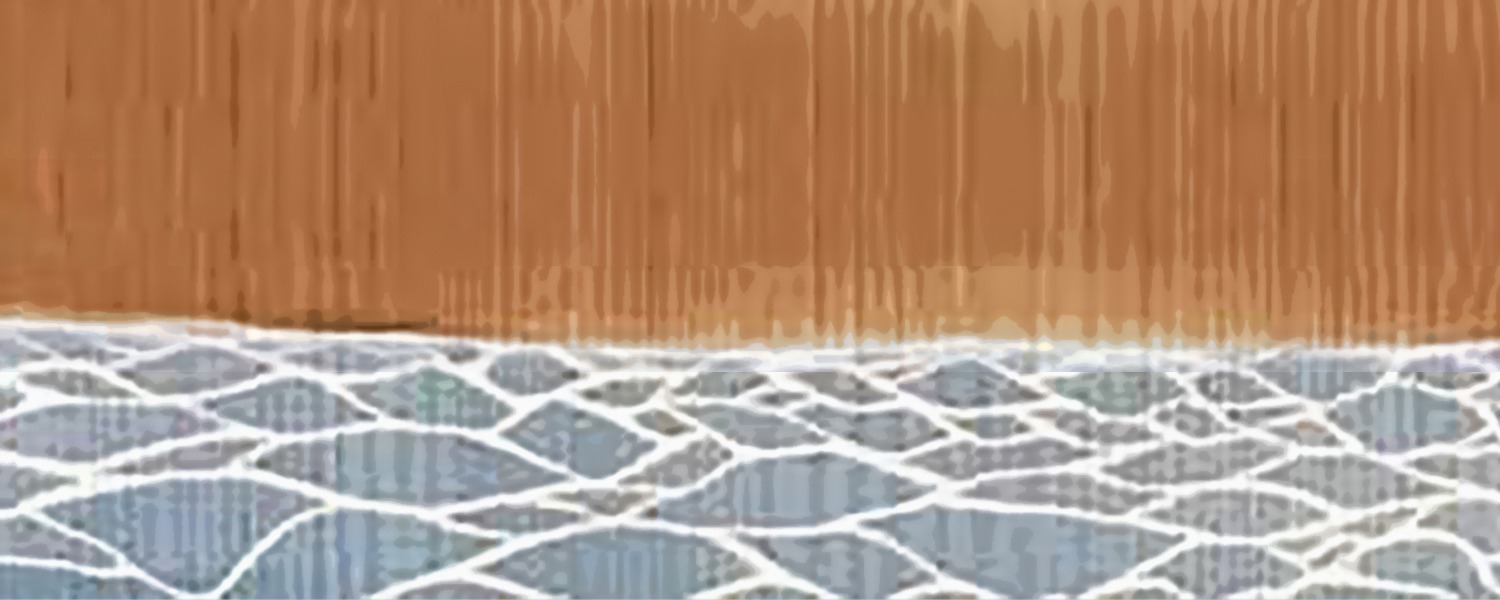Cet article est uniquement disponible en Anglais.
Cohen Commission Final Report Released
On Oct. 31, Justice Cohen released the Final Report of the Cohen Commission, available at http://www.cohencommission.ca/en/. The Report provides an urgent and persuasive review of increasing threats to Canada’s fisheries, and will be of interest to those who deal with Aboriginal fisheries issues.
The Cohen Commission began in 2009 and investigated the decline of the Fraser River salmon fishery and how to improve its future sustainability. The Commission’s final report points out the critical role of the Department of Fisheries and Oceans (DFO) Minister in protecting fish and fish habitat, and warns that fisheries will be negatively affected by decreasing expenditures and staff on scientific research, monitoring, and enforcement. In sum, the report finds that DFO botched its role in protecting fish and fish habitat, which was a key element of the collapse of the salmon fishery.
The critical question now is whether this crucial report and its recommendations will be treated as an opportunity to ‘right the ship’ of DFO and save future fish populations, or whether the federal government will ignore the report and allow (or accelerate) the continued collapse of Canada’s commercial fisheries. As pointed out in other postings on the OKT blog, important Fisheries Act amendments are tucked into the last federal budget and fleshed out in two monstrously-huge omnibus bills that amend virtually every federal law protecting the environment. DFO is facing cuts in exactly the areas which the Commission warns will jeopardize future fisheries. Justice Cohen observed that the Harper government’s decision to amend the Fisheries Act without waiting for the results of his Commission was ‘regrettable.’ Justice Cohen writes that “the amendments collectively appear to narrow the focus of the Act from protecting fish habitat to protecting fisheries. Based on the evidence I heard, this shift could harm the long-term sustainability of Fraser River sockeye.”
Habitat Management and Monitoring
Cohen’s report emphasizes the critical role that DFO plays in protecting fish habitat, and thus protecting the health of fish populations. The report generally commends the fish habitat protection measures in DFO’s 1986 Habitat Policy and the 2005 Wild Salmon Policy, but criticizes DFO’s failure to fully implement these policies (particularly the No Net Loss principle).
The report also highlights the need for DFO to have sufficient baseline data on fish and fish habitat to support any analysis of whether, in fact, a proposed project will result in habitat gain or no net loss. The Commissioner found this baseline data was sorely lacking. He recommends increased scientific research, monitoring and enforcement. This is particularly critical as proponents begin more “self-assessments” under the amended Canadian Environmental Assessment Act and Fisheries Act.
Another key issue addressed by the report is cumulative effects. Justice Cohen concluded that cumulative impacts are “one of the key factors that negatively affect fish habitat,” contributing to the collapse of the Fraser River salmon fishery. Rather than reviewing all projects individually, only a cumulative effects analysis will really point out risks to fish populations that require mitigation, Cohen concludes.
Aboriginal Commercial Fishing
Justice Cohen also criticizes the lack of transparency in DFO’s relationship with First Nations with commercial fisheries, and with other parties with whom DFO is increasingly attempting to “share” responsibility for protection of fish and habitat. Cohen criticized DFO for creating expectations that the Minister’s ultimate authority could be shared, noting “I heard evidence that suggests confusion on the part of DFO respecting its paramount regulatory objective to conserve the health of wild fish stocks.”
Cohen’s very first recommendation is that DFO “should follow the principle that the Minister is the ultimate authority in decisions about conservation, fisheries management … and, within areas of federal jurisdiction, fish habitat. DFO should consistently reflect this principle in all its agreements and processes with First Nations and stakeholders.” This principle, if followed, would do much to address the increased risks to fish that have arisen in recent years with DFO offloading fish habitat screening and protection functions to other agencies and even to proponents themselves (by way of operational statements).
The federal government’s willingness to implement the recommendations of the Cohen Commission will be an important test of whether Canada will “fish or cut bait” in stepping up to its responsibility to ensure that Canada’s wild fish populations will be available for harvesting by future generations.
By Lorraine Land and Liora Zimmerman
Related Posts

L’affaire Coastal GasLink et la mobilisation des chefs héréditaires Wet’suwet’en
Le dernier jour de 2019, la Cour suprême de la Colombie-Britannique a publié son jugement dans l’affaire Coastal GasLink Pipeline Ltd. v. Huson. La juge Church y accorde une injonction interlocutoire…
La suite...
Taykwa Tagamou Nation and OPG partnership a success
Cet article est uniquement disponible en anglais.
OKT is pleased to congratulate Coral Rapids Power Corporation (“CRP”) and Taykwa Tagamou Nation (“TTN”) on the completion of the construction and…
La suite...
Ontario commits to clean mercury from English-Wabigoon River system
Cet article est uniquement disponible en anglais.
OKT congratulates Asubpeeschoseewagong Netum Anishinabek – Grassy Narrows First Nation – on this historic milestone
In the 1960s, the pulp mill in Dryden,…
La suite...
